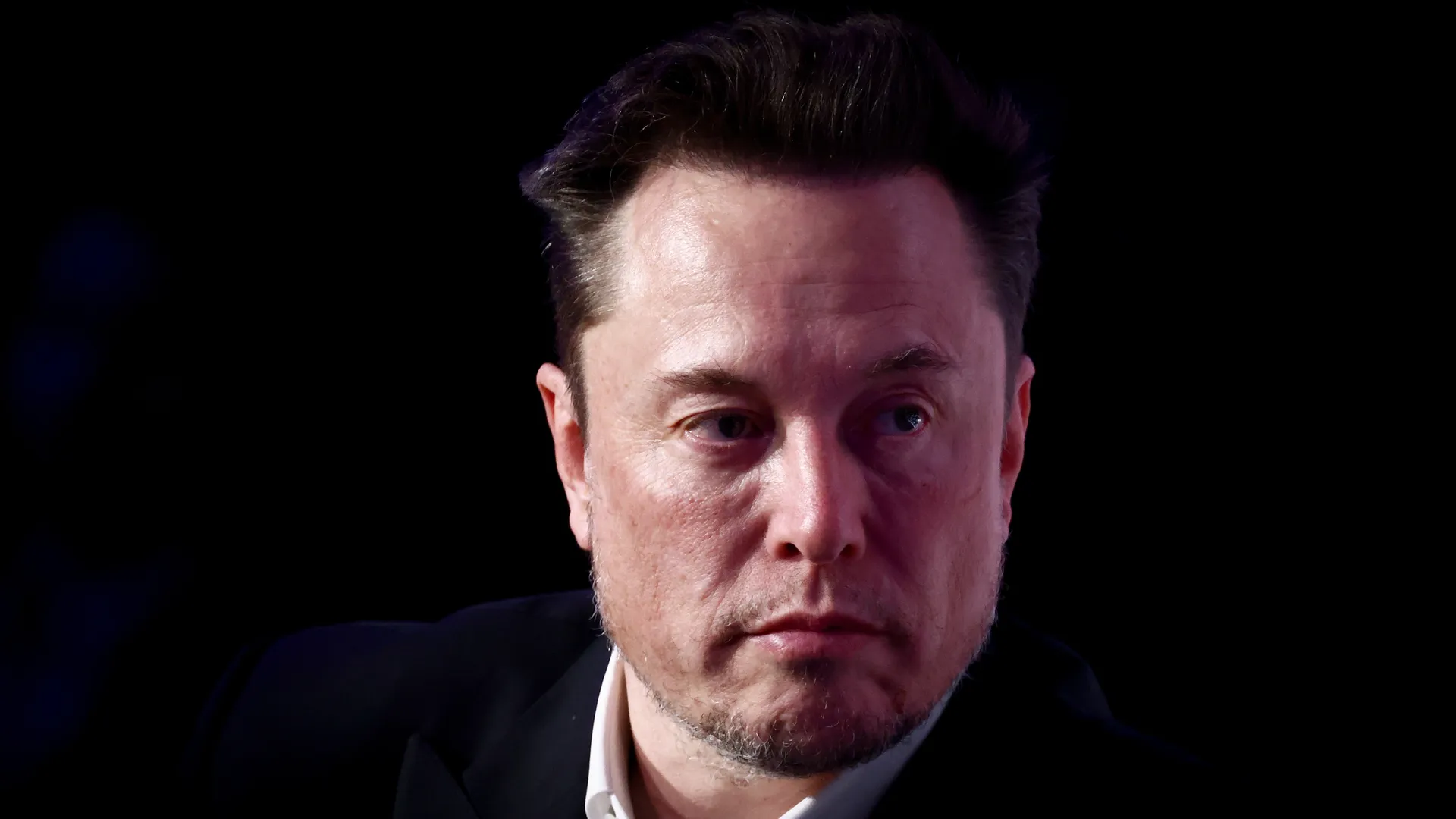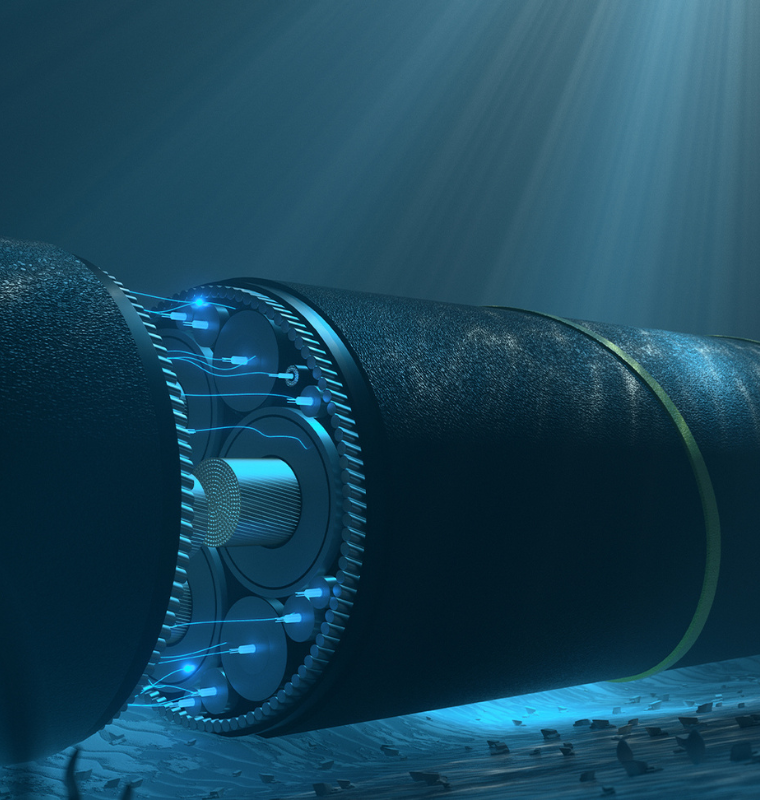Neuralink Filed as ‘Disadvantaged Business’ Weeks Before $9 Billion Valuation
Neuralink Filed as ‘Disadvantaged Business’ Weeks Before $9 Billion Valuation
By
Junia Wells
Last updated:
July 18, 2025
First Published:
July 18, 2025

Photo: Axios
Neuralink’s Surprising SBA Filing Raises Eyebrows
In a federal filing dated April 24, Neuralink — Elon Musk’s brain-machine interface company — quietly identified itself as a “small disadvantaged business” (SDB) to the U.S. Small Business Administration (SBA). The designation, typically intended to support minority-owned and under-resourced firms, came just weeks before Neuralink secured a $650 million Series C funding round, raising its valuation to $9 billion.
The move has sparked scrutiny given Neuralink’s deep-pocketed investor base, high-profile leadership, and backing from tech heavyweights like ARK Invest, Peter Thiel’s Founders Fund, Sequoia Capital, and Thrive Capital.
The filing was first reported by MuskWatch and listed Jared Birchall — Musk’s long-time associate and head of his family office — as the primary contact.
What Does “Small Disadvantaged Business” Mean?
According to the SBA, a company must be at least 51% owned and operated by individuals who are both socially and economically disadvantaged in order to qualify for SDB status. This designation provides businesses with advantages in federal procurement and contract bidding, often giving them priority access to government contracts and funding opportunities.
However, critics argue that Neuralink, backed by billion-dollar firms and led by the world’s wealthiest individual, does not align with the spirit — if not the letter — of the program.
The Department of Justice (DOJ) has in the past penalized businesses for falsely claiming SDB status, with fines and disqualifications from future federal contracts.
Timing Raises Conflict of Interest Questions
The timing of the April filing coincides with Elon Musk’s leadership of the Trump-era Department of Government Efficiency (DOGE) — an agency he led as part of an initiative to reduce federal spending and shrink bureaucracy. Under Musk, DOGE aggressively cut funding to agencies and programs focused on diversity, equity, and inclusion (DEI).
In February, Musk and DOGE publicly touted the cancellation of hundreds of millions of dollars in DEI-related training grants, particularly at the Department of Education.
That backdrop makes Neuralink’s filing particularly notable. While cutting public funds for inclusion initiatives, Musk’s own company appears to have sought potential federal benefits by identifying itself as disadvantaged.
Neuralink’s Growth and Ambitions
Despite the controversy, Neuralink’s growth trajectory is steep. The company is pioneering brain-computer interface (BCI) technology aimed at restoring motor functions for individuals with severe paralysis. The broader vision includes developing tools to merge human consciousness with artificial intelligence, according to company statements.
The $650 million funding round, which closed in early June, is expected to help Neuralink accelerate clinical trials and bring its first commercial devices to market. The capital will also be used to scale manufacturing, hire researchers and engineers, and potentially expand its footprint in neurotechnology, a field expected to reach $26 billion globally by 2030, according to Precedence Research.
No Public Comment from Musk or Neuralink
Neither Elon Musk nor Neuralink have publicly addressed the SDB filing. Jared Birchall, listed as the contact on the SBA form, did not respond to media requests for comment.
The SBA has also not confirmed whether Neuralink’s application was accepted or if any benefits were granted.
Ethics, Eligibility, and the Broader Debate
Neuralink’s case reflects a broader debate about how federal resources are allocated — and whether powerful corporations are bending rules designed to uplift smaller, truly disadvantaged players. Critics argue that if large companies backed by elite investors are able to access SDB status, the system risks being undermined.
“This isn’t about breaking the law,” said one federal procurement analyst. “It’s about whether companies are taking advantage of gray zones in policy that were never meant for them.”
Final Thoughts: A Test of the System
As Neuralink moves closer to bringing its futuristic tech to market, the spotlight on its ethics and operations will only grow brighter. The SDB filing may prove to be a legal footnote — or a trigger for greater regulatory oversight in how government designations are granted to private enterprises.
In an age where billion-dollar startups increasingly court government support, Neuralink's filing forces a vital question: Should the rules change when the players are this powerful?
Popular articles
Subscribe to unlock premium content
Kylie Jenner’s $420M Beauty Empire Unravels: Inside the Stunning Fall of a Social Media Mogul

Britain’s Economic Decline: From Global Powerhouse to Financial Strain

Trapped by Perfection: How AI Beauty Filters Are Rewiring Our Faces—and Our Minds

Kylie Jenner’s $420M Beauty Empire Unravels: Inside the Stunning Fall of a Social Media Mogul

Britain’s Economic Decline: From Global Powerhouse to Financial Strain

Kylie Jenner’s $420M Beauty Empire Unravels: Inside the Stunning Fall of a Social Media Mogul









